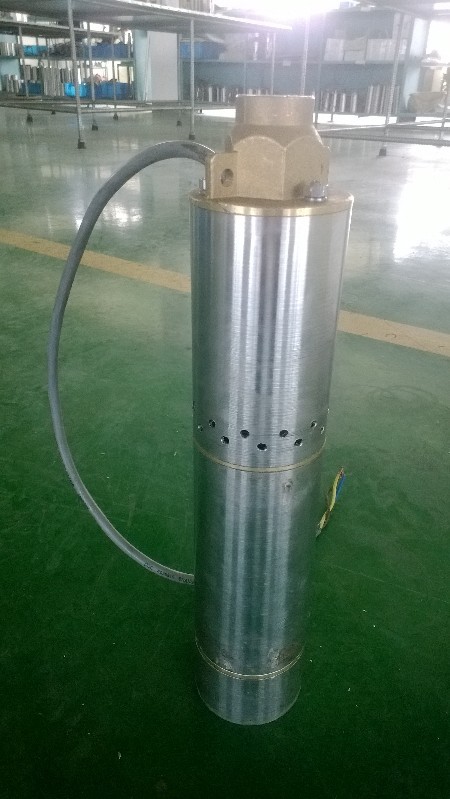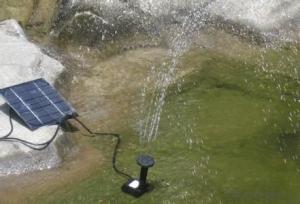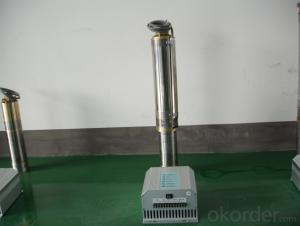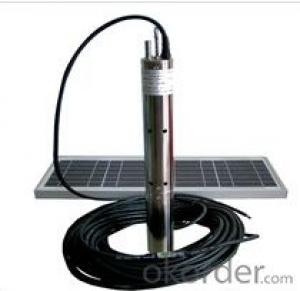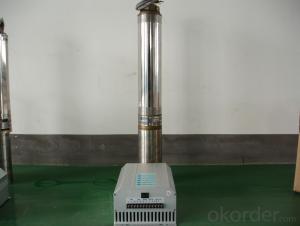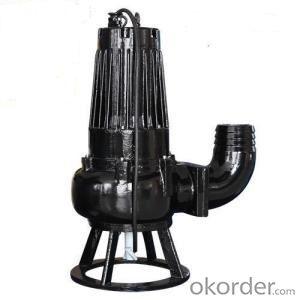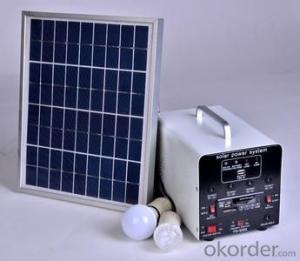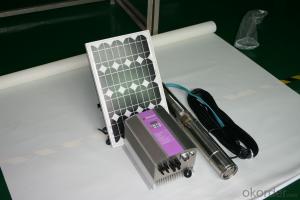Portable Solar Water Screw Pump
- Loading Port:
- Shanghai
- Payment Terms:
- TT OR LC
- Min Order Qty:
- -
- Supply Capability:
- 300 set/month
OKorder Service Pledge
Quality Product, Order Online Tracking, Timely Delivery
OKorder Financial Service
Credit Rating, Credit Services, Credit Purchasing
You Might Also Like
how is the rotor made:
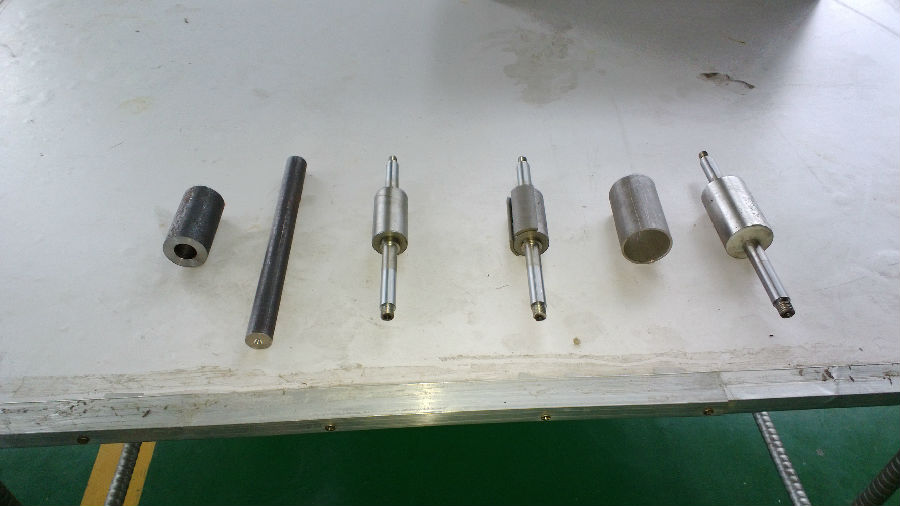
how is the motor made:
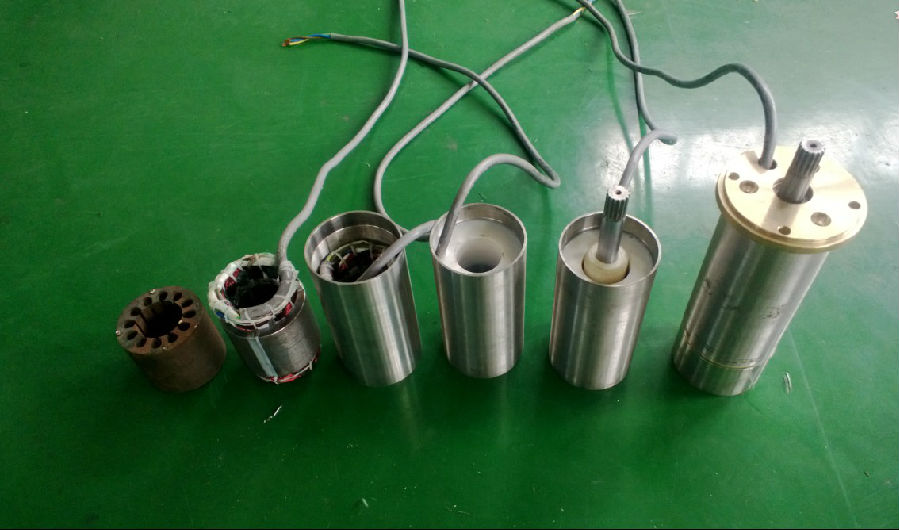
the pump :
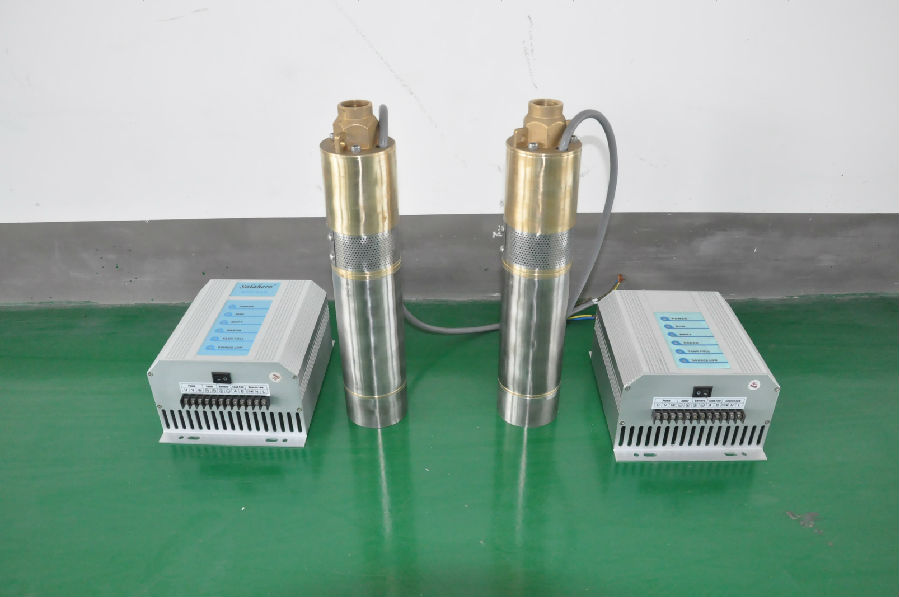
controller terminal connection:
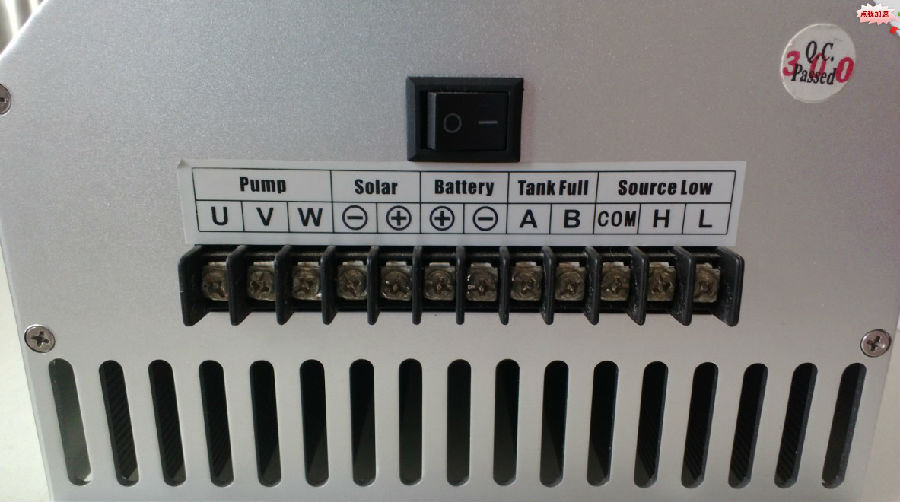
The permanent magnet:
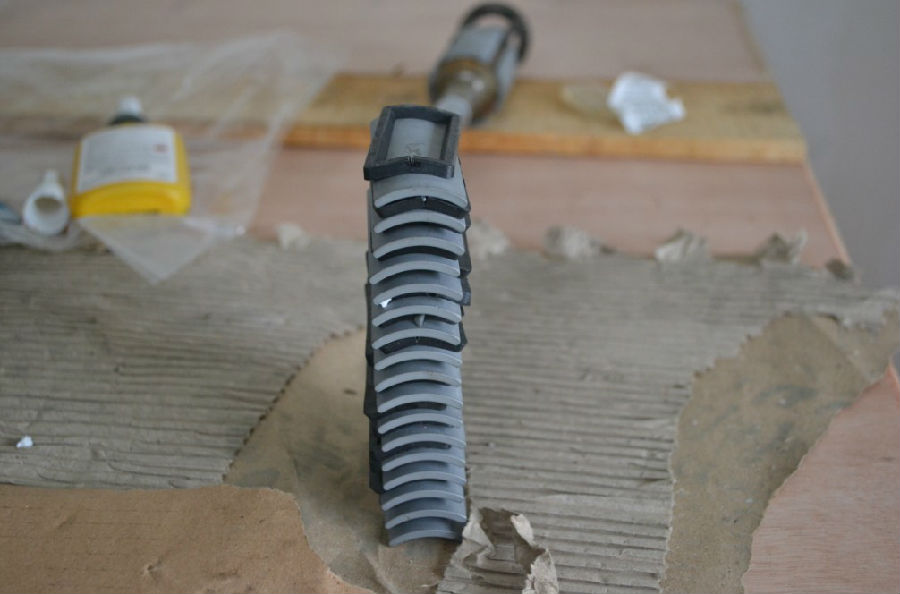
the helical screw:
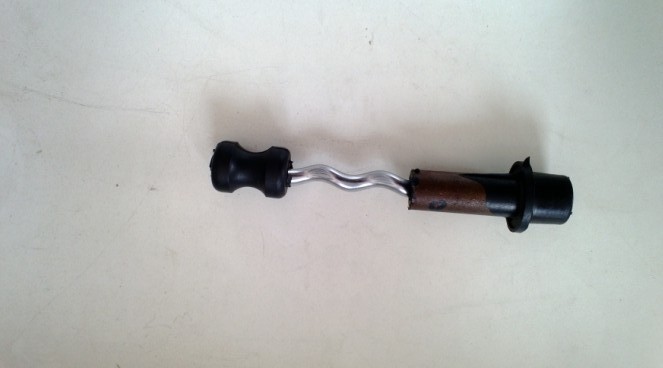
controller box:
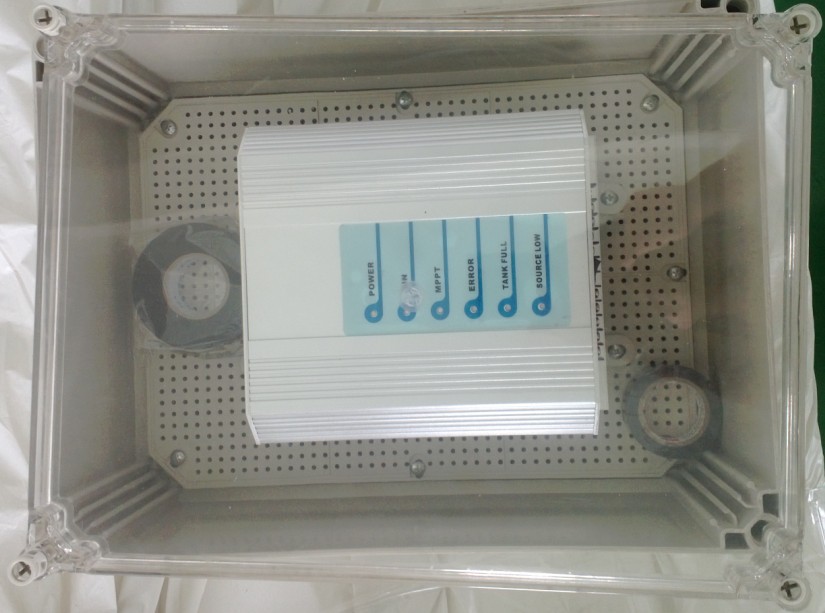
the senors:
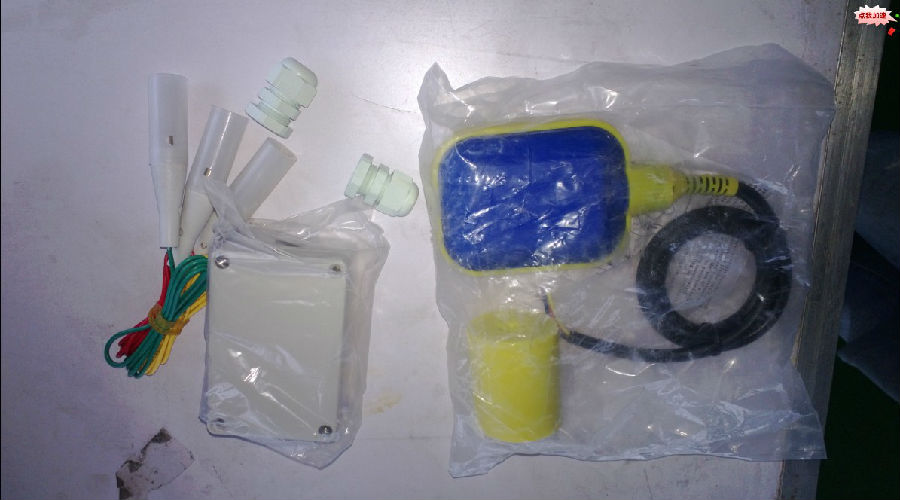
the test:
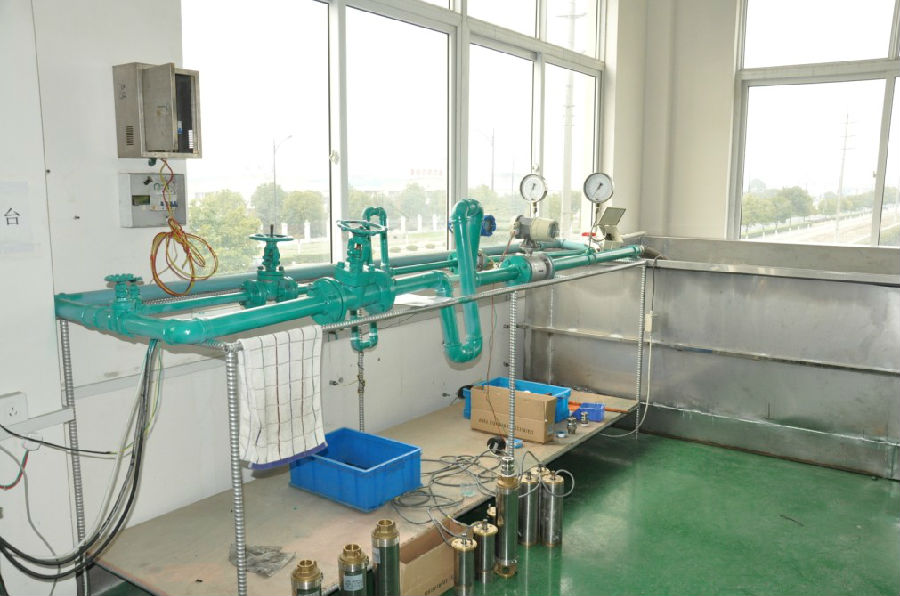
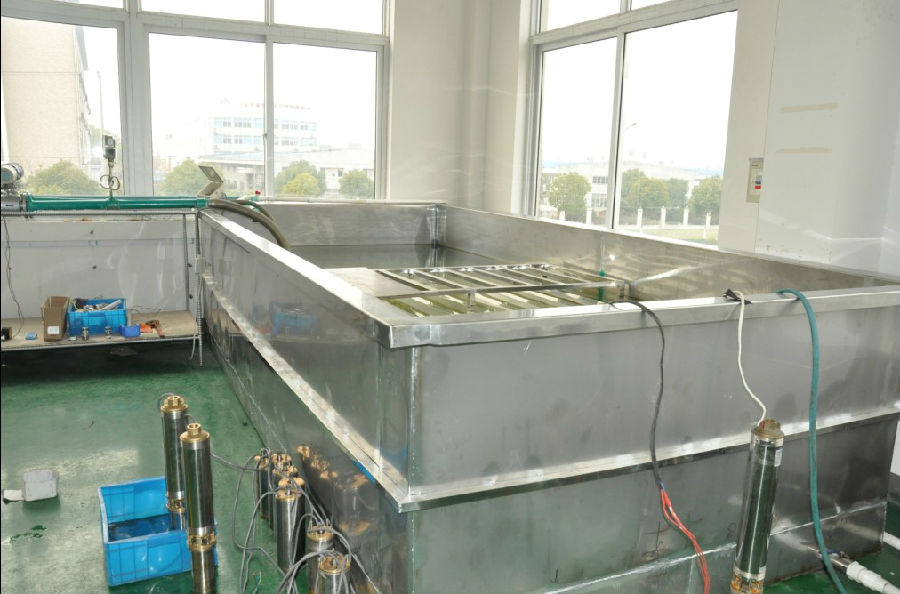
the application:
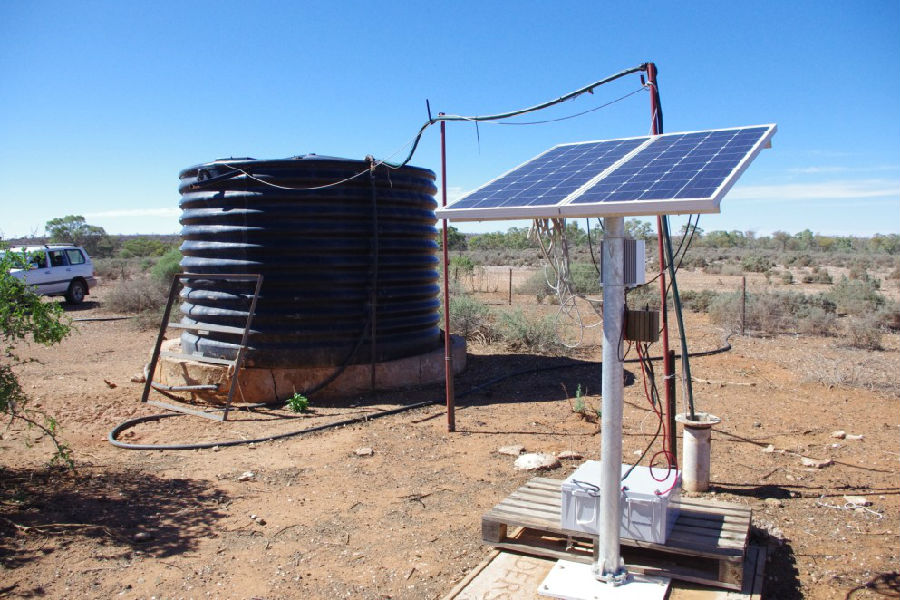
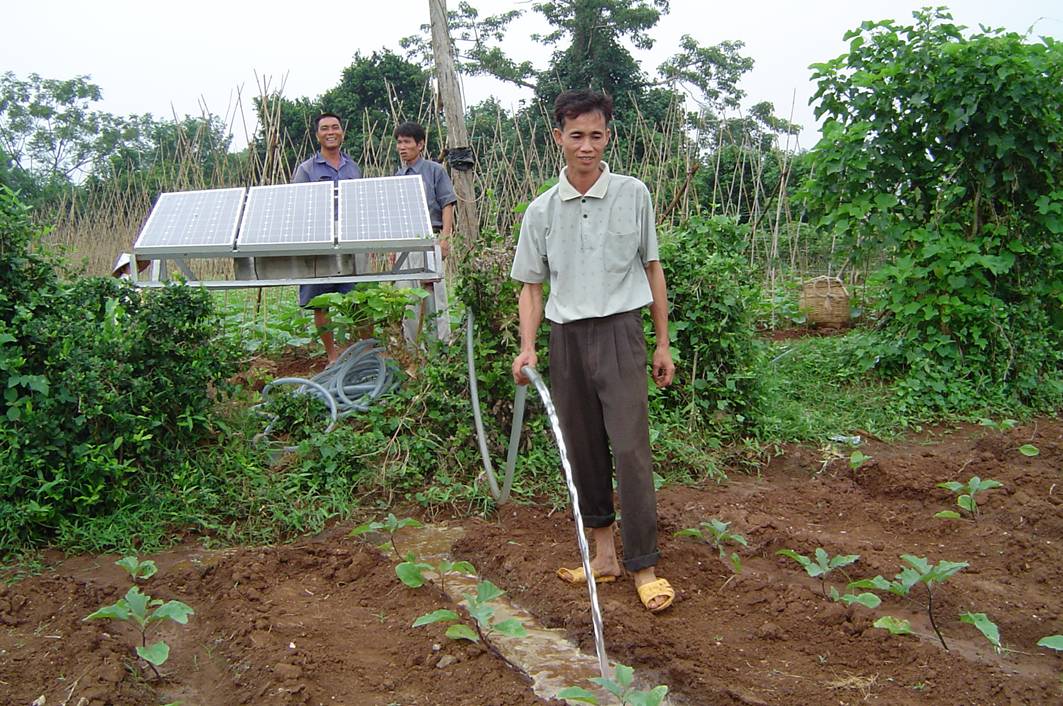
the package:
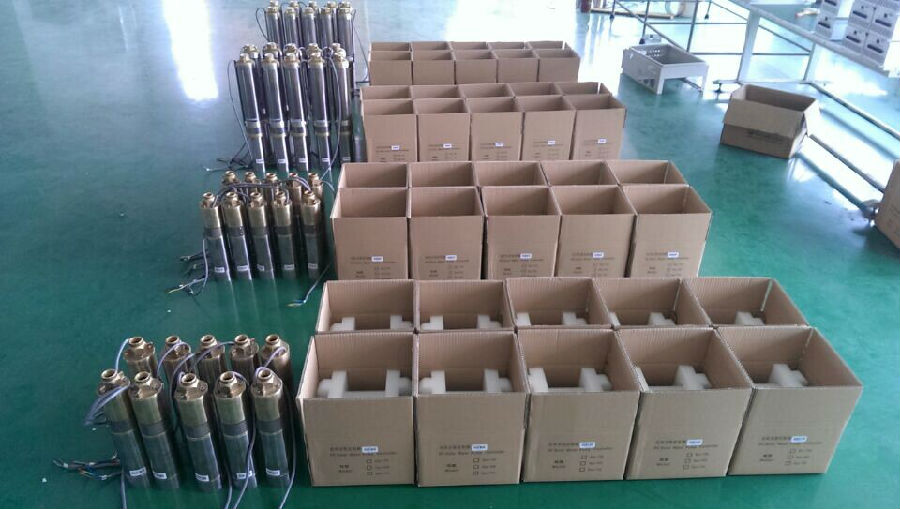
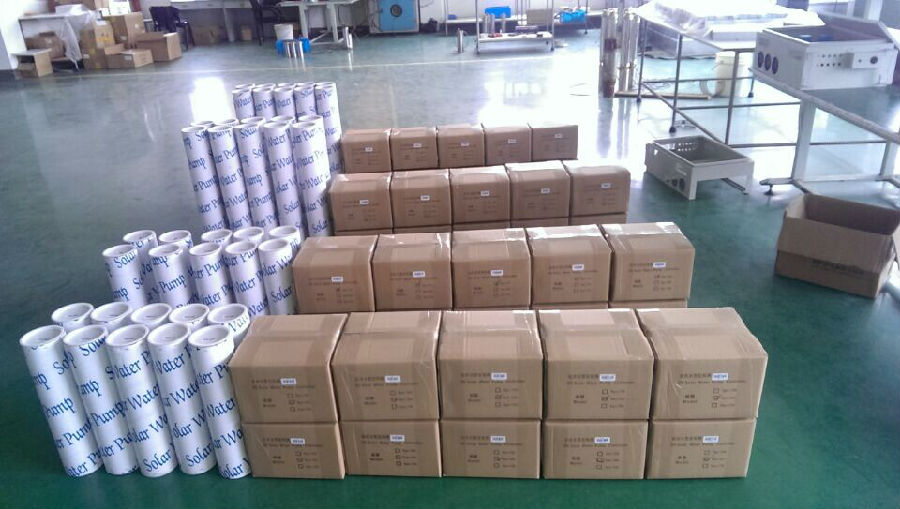
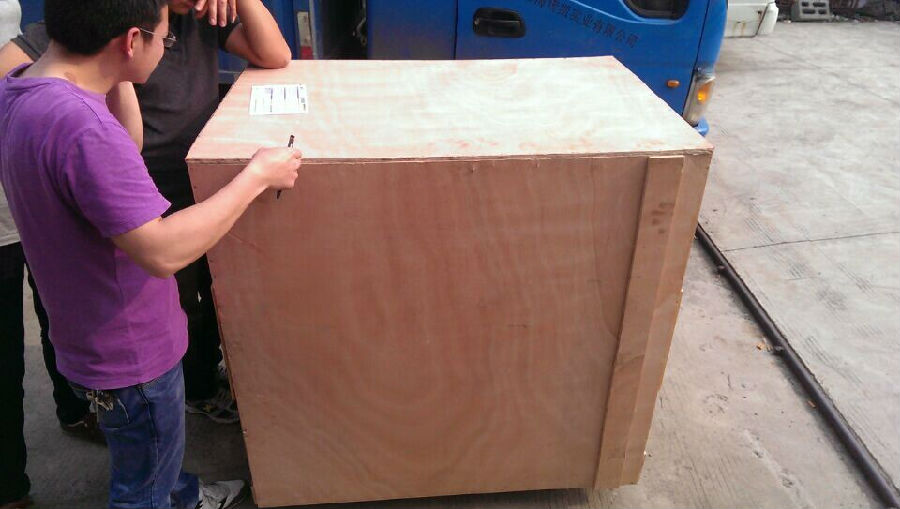
- Q: Can a solar pump be used for water supply in horticulture farms?
- Yes, a solar pump can be used for water supply in horticulture farms. Solar pumps are an environmentally friendly and cost-effective solution for providing water for irrigation in agricultural settings. They utilize solar energy to power the pump, eliminating the need for electricity or fuel. This makes them a sustainable option for water supply in horticulture farms, enabling efficient irrigation and helping to optimize plant growth and crop yield.
- Q: Can a solar pump be used in areas with limited access to water desalination systems?
- Yes, a solar pump can be used in areas with limited access to water desalination systems. Solar pumps use photovoltaic panels to convert sunlight into electricity, which can power the pump to extract water from various sources like wells, rivers, or lakes. While water desalination systems are typically used to remove salt and other impurities from seawater, a solar pump can be used to access and transport water from any available source.
- Q: Can a solar pump be used for livestock cooling systems?
- Yes, a solar pump can be used for livestock cooling systems. Solar pumps are designed to operate using energy from the sun, making them a sustainable and cost-effective option for various applications, including livestock cooling. These pumps can be used to circulate water through cooling systems that help regulate the temperature and provide relief to livestock during hot weather conditions. By harnessing the power of the sun, solar pumps offer an environmentally friendly alternative to traditional pumps, reducing electricity costs and minimizing the carbon footprint. Additionally, solar pumps are often low-maintenance and can be easily installed in remote locations, making them a practical choice for livestock cooling systems in rural areas.
- Q: Can a solar pump be used for water supply in an off-grid home?
- Yes, a solar pump can be used for water supply in an off-grid home. Solar pumps use sunlight to power their operation, making them an ideal choice for off-grid homes without access to electricity. They are an environmentally friendly and cost-effective solution for pumping water from a well or other water sources, providing a reliable water supply for everyday needs.
- Q: Can a solar pump be used for water circulation in ponds or lakes?
- Yes, a solar pump can be used for water circulation in ponds or lakes. Solar pumps are designed to efficiently harness solar energy and convert it into power to run water circulation systems. They can help improve water quality, prevent stagnation, and promote a healthier environment for aquatic life in ponds or lakes.
- Q: Are solar pumps suitable for use in botanical gardens?
- Yes, solar pumps are suitable for use in botanical gardens. They provide a sustainable source of energy and can efficiently power water features, irrigation systems, and fountains in botanical gardens, ensuring the plants receive the necessary water and maintaining an environmentally-friendly approach.
- Q: How does the altitude or elevation affect the performance of a solar pump?
- The altitude or elevation can have a significant impact on the performance of a solar pump. As the altitude increases, the atmospheric pressure decreases, resulting in lower air density. This decrease in air density affects the efficiency of the pump's motor and the overall performance of the system. One of the main factors affected by altitude is the pump's power output. As the air density decreases, the pump's motor requires more power to maintain the same level of performance. This can lead to a decrease in the pump's efficiency and ultimately affect the amount of water that can be pumped. Moreover, the decrease in air density due to higher altitudes also affects the heat dissipation of the solar panels. As the air becomes thinner, it becomes less effective in carrying away the heat generated by the solar panel. This can result in an increase in the operating temperature of the solar panel, which reduces its efficiency and can potentially damage the system. Additionally, the decrease in air density at higher altitudes can impact the performance of the pump's impeller. The impeller relies on air pressure to create the necessary suction force for water to be drawn into the pump. With lower air density, the impeller may not be able to generate the same level of suction, resulting in reduced water flow and pump performance. To overcome these challenges, it is crucial to consider the altitude or elevation when designing and selecting a solar pump system. It may be necessary to choose a pump with a higher power rating to compensate for the reduced air density. Additionally, proper ventilation and cooling mechanisms should be implemented to prevent overheating of the solar panels. In conclusion, the altitude or elevation significantly affects the performance of a solar pump. The decrease in air density affects the pump's power output, heat dissipation of the solar panels, and the performance of the impeller. Proper design and selection of the system components are essential to ensure optimal performance at higher altitudes.
- Q: Can a solar pump be used for water purification or filtration?
- Yes, a solar pump can be used for water purification or filtration. Solar-powered pumps can be used to extract water from a source such as a well or a water body, and this water can then be further treated or filtered to remove impurities, contaminants, or pathogens, ensuring clean and safe water for various purposes. The solar pump provides a sustainable and energy-efficient solution for water purification or filtration processes.
- Q: How does the angle or tilt of the solar panels affect the performance of a solar pump?
- The performance of a solar pump is greatly influenced by the angle or tilt of the solar panels. How the panels are installed impacts their ability to efficiently capture sunlight and convert it into electricity. It is ideal for solar panels to be tilted at an angle that maximizes their exposure to sunlight throughout the day. The best angle varies depending on the location and time of year. For instance, in the northern hemisphere, the panels should be tilted at the same angle as the latitude of the installation to absorb the most solar energy during summer. Likewise, during winter, adjusting the tilt angle to a steeper position enables the panels to directly capture sunlight when the sun is lower on the horizon. Improper tilting of the panels can result in a reduction of the surface area exposed to sunlight, leading to lower energy generation. A lower tilt angle can cause the panels to receive less direct sunlight, resulting in a decrease in efficiency when converting sunlight into electricity. Conversely, a steeper tilt angle may increase the absorption of direct sunlight but can also create shading issues if nearby objects obstruct the panels. Thus, determining the optimal tilt angle for solar panels is crucial to ensure the highest performance of a solar pump. Regular monitoring and adjustment of the panel tilt angle can help maximize energy production and optimize the overall efficiency of the system.
- Q: Are there any government incentives or subsidies for installing solar pumps?
- Yes, there are government incentives and subsidies available for installing solar pumps. Many countries offer various financial incentives, such as tax credits, grants, and subsidies, to encourage the adoption of renewable energy technologies like solar pumps. These incentives aim to make the initial cost of installation more affordable and promote sustainable and clean energy alternatives. It is recommended to research specific government programs and consult local authorities to determine the availability and eligibility criteria for such incentives in a particular region.
Send your message to us
Portable Solar Water Screw Pump
- Loading Port:
- Shanghai
- Payment Terms:
- TT OR LC
- Min Order Qty:
- -
- Supply Capability:
- 300 set/month
OKorder Service Pledge
Quality Product, Order Online Tracking, Timely Delivery
OKorder Financial Service
Credit Rating, Credit Services, Credit Purchasing
Similar products
Hot products
Hot Searches
Related keywords

